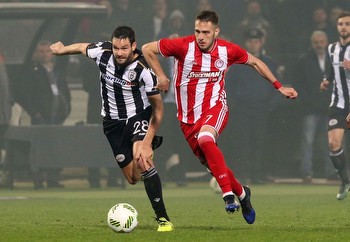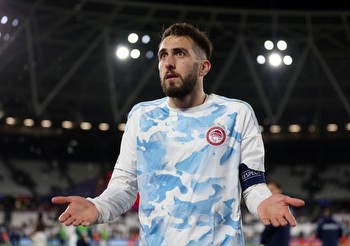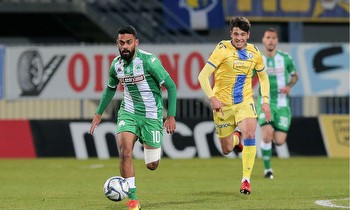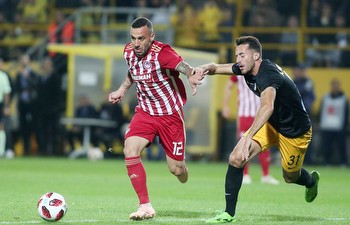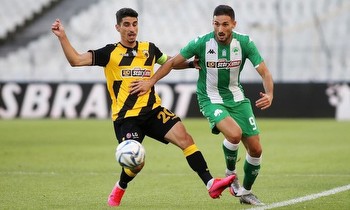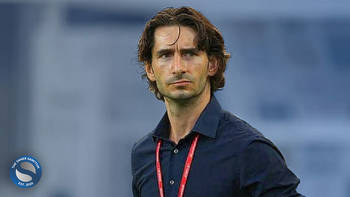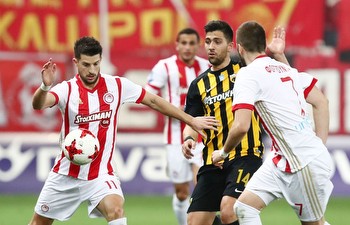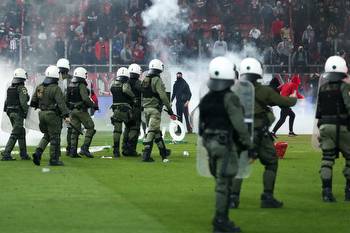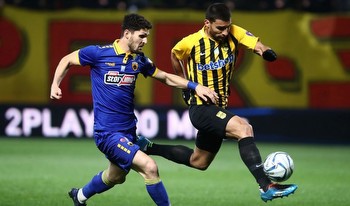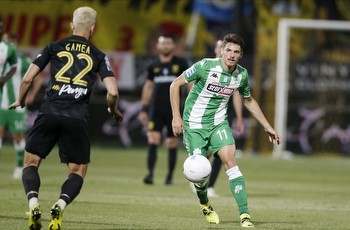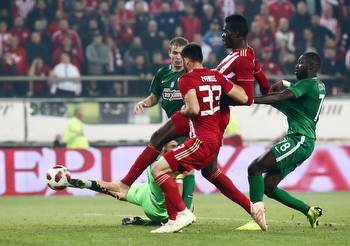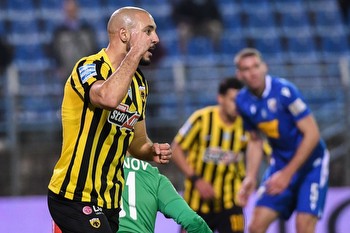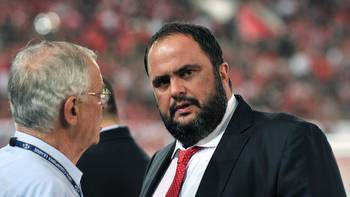Something of a tragedy: Greek football
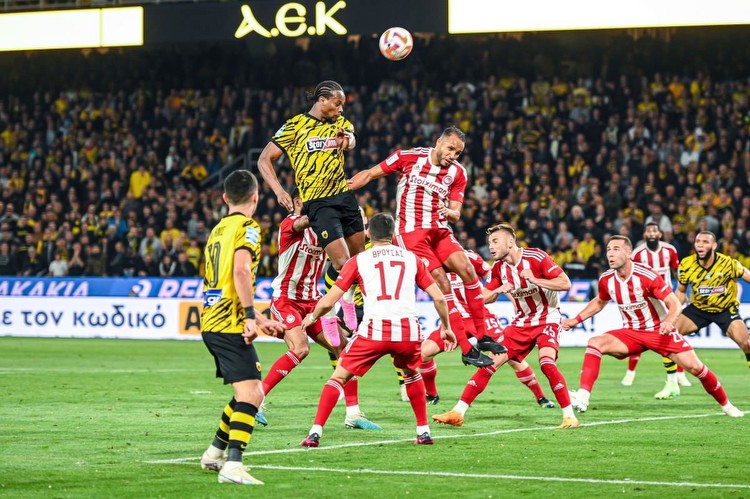
THE RECENT history of Greek football doesn’t read too well; match-fixing, imprisonment of officials, crowd violence, aggressive club owners and accusations of bent referees. It all points to an example of how not to run a football league, which is a tragedy given the size of the country and its role in the development of the game. It is only 19 years since Greece won the 2004 European Championship, but it seems incredible that a football nation that has become so chaotic could get even close to winning a major tournament.
The Greek Super League is in its final stages this season and the title will be won by either of the Athens rivals Panathinaikos or AEK Athens. They’ve recently met and drew 0-0 and the two of them are on 77 points and are only separated by their finishing positions in the regular programme. They have two games apiece to go: Panathinaikos are at Olympiacos on May 7 and then host Aris on May 14, AEK play at Aris and then finish with a home game against Volos.
Olympiacos are out of the running; the 47-times league champions and winner of the last three titles are now too far behind the top two. They were effectively eliminated by losing 3-1 at home to AEK, a game that sparked absolute mayhem on the pitch due to a controversial penalty decision. Olympiacos owner Evangelos Marinakis, who also owns Nottingham Forest, was so incensed he left his seat and raced to berate the fourth official. Furthermore, Olympiacos fans invaded the pitch, not the first time Greek football has been tarnished by crowd trouble in 2022-23. Last year, matters came to a head when a young Aris fan was stabbed to death in Thessalonika.
The Greek public has long been disenchanted with its domestic football but crowds appear to have increased this season, averaging some 7,000. But the reputation continues to suffer and the authorities are so dissatisfied with the game’s inability to avoid scandal that referees and assistants were being brought in from abroad, a ludicrous situation if ever there was one.
Greek football accepted UEFA’s help in trying to clean-up the game, but the clash between AEK and Aris, which had a Polish team of match officials, brought forward revelations that Pawel Raczkowski and his colleagues were abused on the flight to Greece and were alleged to be drunk. They were replaced before the match, but they insisted the incident was completely false and they had actually been attacked by a Panathinaikos fan.
The head of Greek referees, Steve Bennett, a former Premier League official, has been accused of running a corrupt show by prominent figures at some clubs. Olympiacos were so angry they issued a very direct statement that implied the Polish officials were replaced so a more malleable Greek referee could be appointed.
Greek football also has an ongoing culture of confrontational owners from the shipping, energy and media sectors. Marinakis is well known for his outbursts with his counterparts at major clubs, but in 2018, PAOK president Ivan Savvidis stormed onto the pitch with a pistol after a game was abandoned. He received a three-year ban but there were also calls for PAOK to be relegated. In 2019, they actually won the league for only the third time in their history.
The Greek Super League is a big importer of talent and around 70% of squad players are expatriates. The two main title contenders, AEK and Panathinaikos, have squads with less than 30% from Greece, with 26 nationalities.
Greek football also has one of the highest average ages – 28.5 years – in Europe. Greek clubs also export and there are a number of players, such as AEK’s goalkeeper, Vasilis Barkas and striker Levi Garcia, that are being eyed by teams in Scotland and England. There are however, precious few Greek players playing at the very top level in the big five leagues in Europe. One notable player is Liverpool’s Kostas Tsimikas.
There are also problems around the Greek Cup Final, which will be between AEK and PAOK, a repeat of the 2017, 2018 and 2019 finals. The Greek soccer federation has failed to find a venue for this game after fears grew over a repeat of the violence that has marred the final in the past. Originally, it was hoped to play the final to Volos or Larissa, but the stadiums were deemed unsafe. The extreme measure of moving the game outside of Greece, including London (Selhurst Park), Cyprus, Germany or even, quite bizarrely, Australia was also considered.
It does seem as though the authorities have lost control of the situation. Their statement on the issue read: “The fans of AEK and PAOK should be aware that the federation is facing a concerted and organised effort to stop the Greek Cup final from taking place under the pretext of preventing fan violence. Every effort will be made to hold the final at a neutral ground and if this obstructionist effort continues, the final will go ahead.”
Meanwhile, the Greek Super League, which will go into 2023-24 with a new sponsor in the form of online betting company Stoiximan, ebbs towards its heated conclusion. Will it end smoothly? Nobody can be really sure, but one thing is certain, Greece has to transform the image of its game and restore the credibility of its clubs. It is simply too big a football country to ignore.








